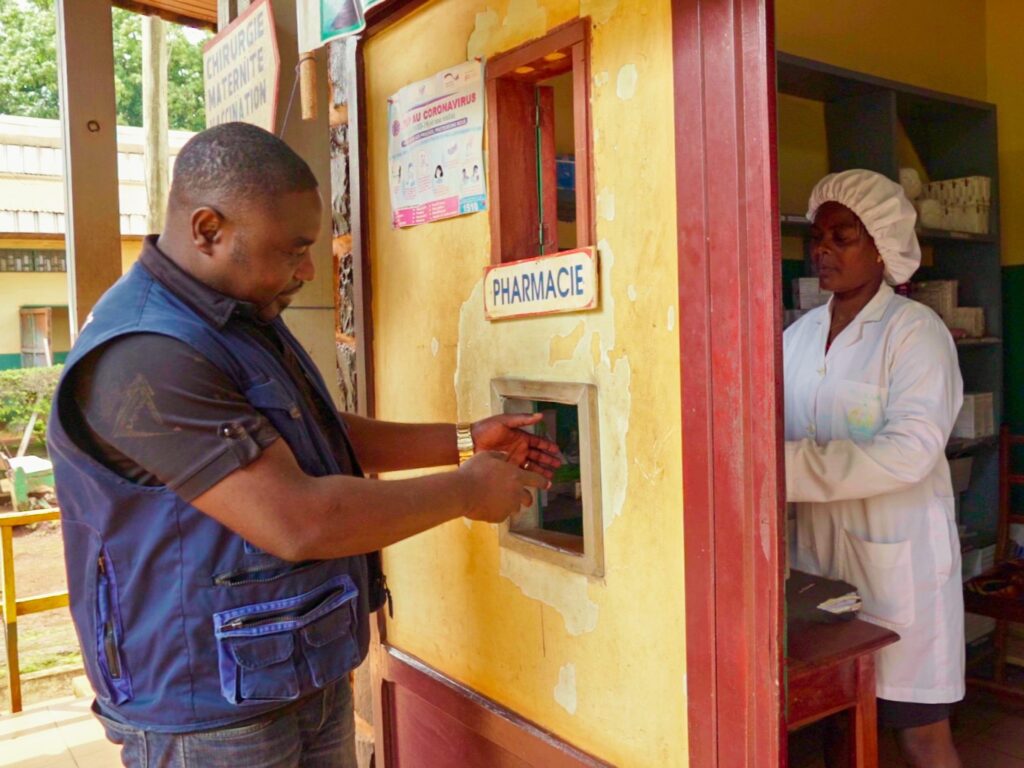Community-based Group ARV Dispensing Improves ART Services in Namibia
Community-based Group ARV Dispensing Improves ART Services in Namibia
Group antiretroviral (ARV) refills, which involve community adherence support group leaders collecting prepacked and patient labeled ARVs on behalf of their members, have reduced transport costs to health facilities, improved waiting times at the facilities, and enhanced medication adherence and suppression of HIV viral loads. Antiretroviral therapy (ART) clients who benefit from this initiative must meet the clinical criteria, including suppressed viral load and good adherence to treatment. The leaders distribute individually packaged ARVs to group members according to standard operating procedures.
These groups are implemented widely in Onandjokwe and other districts in northern Namibia, where the HIV burden is high. The USAID Systems for Improved Access to Pharmaceuticals and Services (SIAPS) Program supported Namibia’s Ministry of Health and Social Services (MoHSS) and partners to implement the initiative. The MoHSS, with the support of partners, has decentralized ART services to achieve the ambitious UNAIDS 90-90-90 targets for ending the AIDS epidemic by 2020. Although Namibia faces a high HIV burden, with approximately 220,000 living with HIV in 2018, the MoHSS has successfully expanded its ART patient coverage to more than 80%. With more than 150,000 people receiving ART from public health facilities countrywide, the MoHSS is making efforts to ensure the retention of ART clients on treatment to minimize the development of HIV drug resistance.


